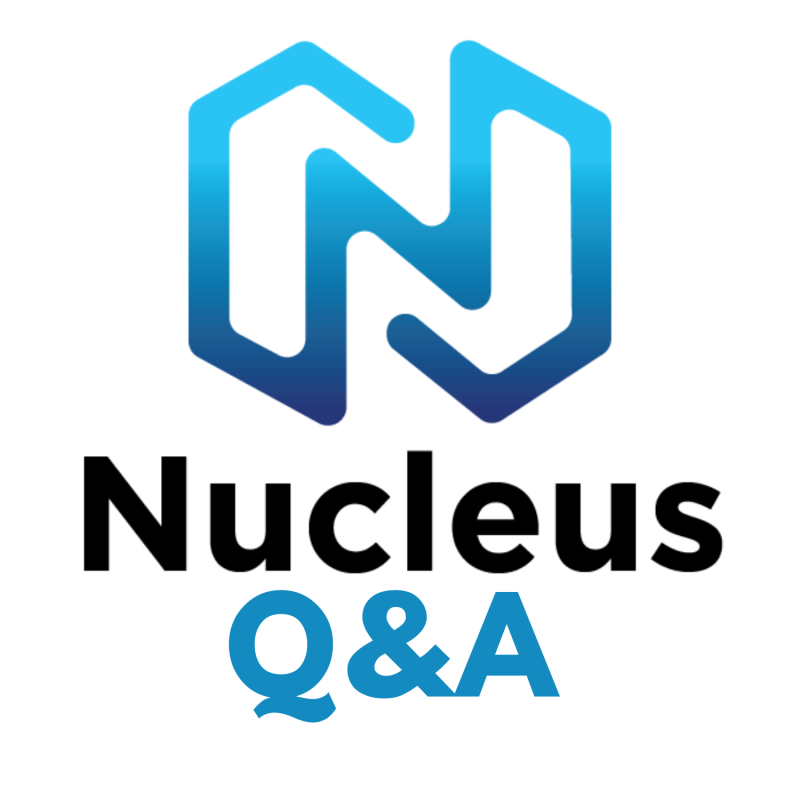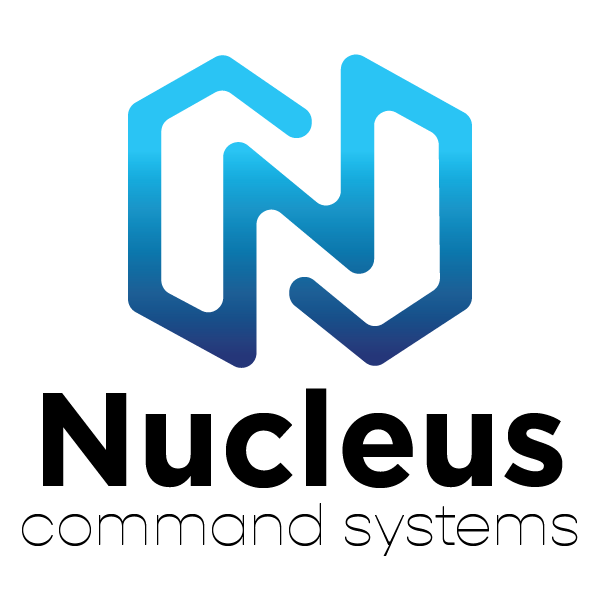
There is no question that the COVID-19 pandemic has had a profound impact on every industry around the globe. Some (such as certain online retailers, paper and cleaning product manufacturers) have thrived. Sadly, most business sectors have suffered amid the spread of the virus.
For this edition of “The Nucleus Q&A,” in which we regularly interview leading professionals in the industrial automation industry, we talk to Charles Vance about the range of impacts that the pandemic has had on the SCADA industry. Vance is a veteran software development consultant specializing in the management of Human Machine Interface (HMI) and Supervisory Control and Data Acquisition (SCADA) systems in a range of industrial settings.
Nucleus: In general, how much of an impact has the pandemic had on the SCADA industry?
Vance: SCADA has become the lifeblood of industry. The control of process and machinery is only part of the story, key production decisions are made using raw data that has been converted into business metrics in real time. Modern manufacturing and process operations are helpless without SCADA.
Anything impacting those operations impacts SCADA directly. When the pandemic forced businesses to shut down it created a ripple effect impacting not only the “non-essential” businesses but all other business as well. If a restaurant has no need for food because it is no longer serving customers, the supply chain is disrupted. Other upstream production operations become idled as well.
I supported the SCADA system for a major player in the oil and gas industry. When the airlines stopped carrying passengers and idled their aircraft the demand for fuel and ultimately crude oil dropped dramatically. As the Oil companies began to lose millions of dollars a day, they began to take drastic actions. They cut spending, canceling support contracts putting many out of work.
However, other industries have benefited from the pandemic. Manufacturers of cleaning supplies and paper products have experienced surges in demand, others such as pharmaceuticals that will manufacture vaccines once they are discovered will profit greatly, some might even see this as a windfall to some industries.
Nucleus: If we assume multiple vaccines will be developed and manufactured by the pharmaceutical industry, how do you think that might affect the opportunities for SCADA professionals?
Vance: Pharmaceutical companies rely heavily on automation and data collection. Systems must be tested and certified for operation pursuant to strict federal guidelines. They are under constant regulation and government oversight. Many companies will likely begin operations to manufacture a vaccine to meet demands not only in the US but other countries as well. Within the Pharmaceutical industry, I would expect opportunities to open up for SCADA professionals.
Nucleus: Obviously, the energy sector has been hit hard by the pandemic. What prospects for growth in the oil and gas industry do you see for SCADA technology in life after COVID?
Vance: I believe that the economy benefits from a strong energy sector. In many regards energy has been the driving force at the base of the economy feeding upward growth. The collapse of crude has damaged the economy and without energy I personally don’t think a strong V-shaped recovery is possible.
A key factor in the recovery of energy is demand. If governments continue to impose lockdowns travel is stymied, without the demand for fuel for air travel or other transportation means the price of crude will remain below production thresholds.
Some experts have said it may take several years for the sector to recover and return to pre-COVID levels. Only time will tell as to when a recovery will begin and how robust the recovery will be.
Unfortunately, the pandemic has become political and the numbers skewed to meet a political narrative. A lot of fear has been injected into society as the number of cases rise and the national media leads people to believe a rise in cases equals a rise in deaths. But the inverse is actually true. The rise in cases is the result of a rise in testing and the death rate continues to drop below that of the common flu.
Hopefully, once the elections are over politics can be removed from the situation. The hysteria surrounding COVID-19 will disappear so we can all get back to work. Only then will we begin to see any sort of recovery.
Nucleus: How have SCADA systems been impacted by this?
Vance: Industries facing increased demand during the pandemic have boosted production. Companies that make toilet paper saw a 100% increase in orders. One company is reporting it had increased production by 20%. Clorox reported it was increasing production and looking into future projects for capacity improvement. Money spent will include equipment and processes controlled by SCADA and these industries will need engineers and technicians to design those systems.
Nucleus: To some degree, municipal systems are somewhat COVID proof. What advice would you give to SCADA professionals who are seeking to build systems for such things as power utility and water/wastewater systems?
Vance: Power plants and Water/Wastewater facility systems are regulated and built to specification based on years of studies and a strict proposal/bid process. Companies doing work in these industries have been doing so for many years and there is a high bar to entry for newcomers.
A SCADA integrator moving into these regulated industries will need to develop relationships engineers who design the facilities. These are typically civil engineering firms that have long-term contracts with a municipality. Some civil engineering firms have SCADA engineers on the payroll and have contracts to do all SCADA system programming. These services are written into the specification making it impossible for another SCADA integrator to bid for that work.
Like any other business, there is a desire to reduce or eliminate competition where possible. So the upstart SCADA integrator must be inventive. They must think outside the box to find opportunities to match offerings.
Nucleus: Finally, what advice would you give other SCADA software engineers concerned about the pandemic?
Vance: If you are in a business that is essential, consider yourself fortunate. If you are in a business that is vulnerable or have already been impacted, remain flexible as you think about other ways to contribute.
Relationships are key. Reach out to others and share your concerns. Together we can find ways to offset the impacts to our lives. If you are out of work look at other industries, other places where technology can be used to improve operations or solve problems, every setback has within it the seeds of a new opportunity. Don’t allow fear and despair to overcome you. There is always hope for a brighter future.
Nucleus Command Systems offers a groundbreaking SCADA software solution that includes a range of unique features and custom services. Learn more at www.nucleuscommand.com.
